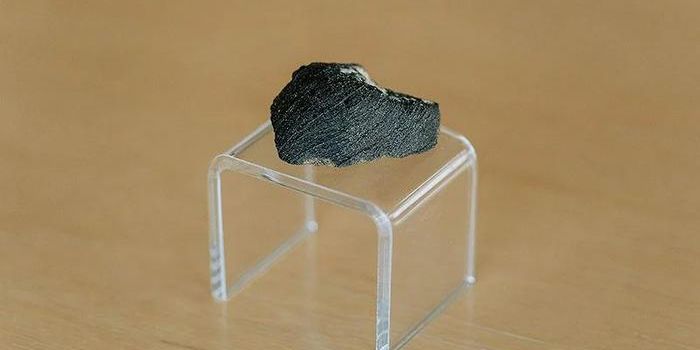Advancing Assistive Technology for Quadriplegics
According to a clinical trial, recent assistive technology can enable individuals to power their wheelchair with their tongue.
"This clinical trial has validated that the Tongue Drive system is intuitive and quite simple for individuals with high-level spinal cord injuries to use," said Maysam Ghovanloo, an assistant professor in the School of Electrical and Computer Engineering at the Georgia Institute of Technology. "Trial participants were able to easily remember and correctly issue tongue commands to play computer games and drive a powered wheelchair around an obstacle course with very little prior training."
The clinical trial examined the ability of individuals with tetraplegia as a result of high-level spinal cord injuries. The study assessed how well these individuals can perform tasks related to computer access and wheelchair navigation using only their tongue movements.
Learn more about assistive technology:
Findings were published in the journal IEEE Transactions on Biomedical Engineering.
"Discrete mode is a safety feature particularly for novice users, but it reduces the agility of the wheelchair movement," explained Ghovanloo. "In continuous mode, however, the user is allowed to steer the powered wheelchair to the left or right as it is moving forward and backward, thus making it possible to follow a curve."
Source: Science Daily









